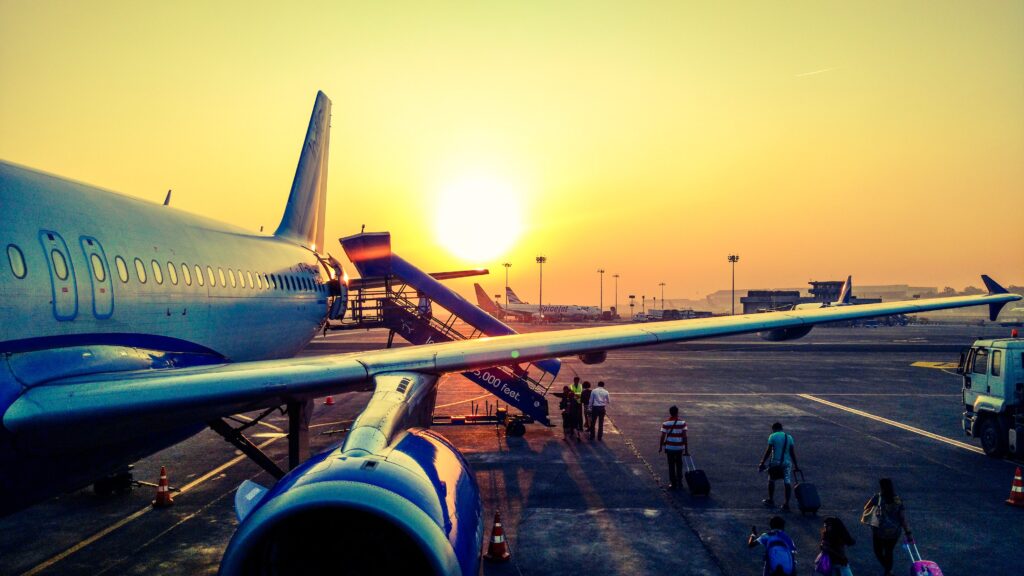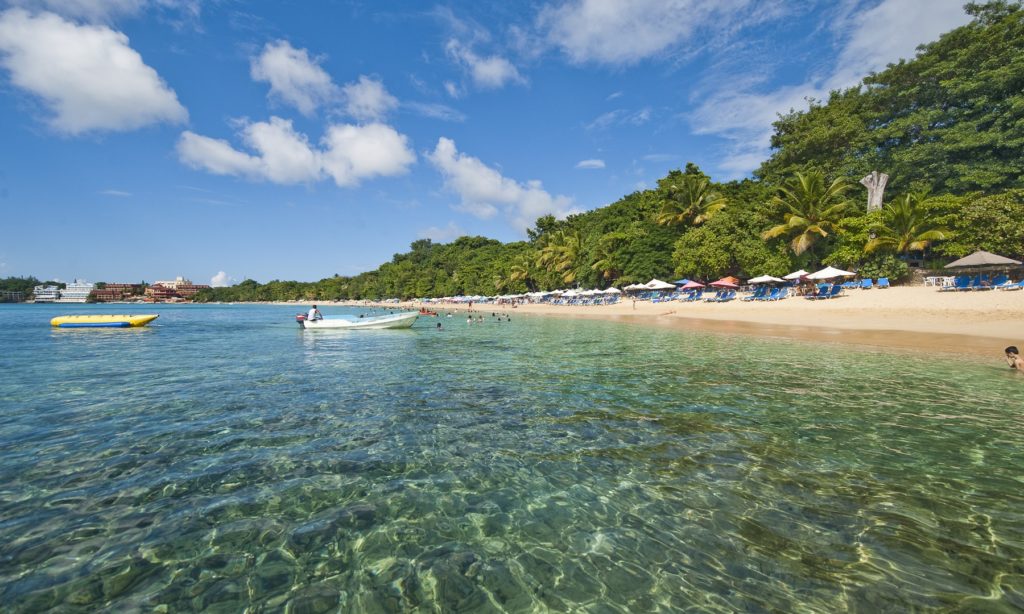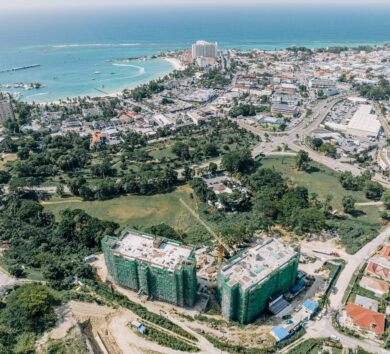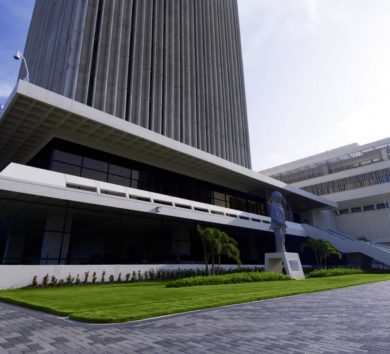

New insights from the Mastercard Economics Institute reveal that consumers are taking advantage of a more traditional travel ecosystem in 2023, prioritising leisure travel and pioneering new corridors around the world.
Travel Industry Trends 2023, released earlier in May, delivers key insights about the global state of travel, punctuated by shifting economic landscapes, persistent consumer demands, and a reopening of mainland China.
In the face of a changing economic landscape, post-pandemic preferences for experiences over things and a consistent demand for leisure travel shape the 2023 outlook. Initially lagging leisure travel, business travel found its footing in the latter half of 2022, especially in cultures prioritising a return to office. With an uncertain economy providing some cross-market turbulence, mainland China’s reopening is expected to bolster growth globally with concentrated impact in Asia Pacific, according to Mastercard Economics Institute estimates.
Key findings in the Caribbean include:
- Looking specifically at pre-pandemic levels (March 2023 vs. March 2019) spending on experiences is up in the markets measured in the Caribbean, namely Aruba (+70 per cent), Barbados (+25.7 per cent), Bahamas (+40.2 per cent), and Jamaica (+105.9 per cent). Meanwhile, spending on things were up for all the markets measured in the Caribbean, when comparing March 2023 vs. March 2019.
- Leisure travel remains robust in the markets measured in the Caribbean compared to pre-pandemic levels; flight bookings in the Dominican Republic (+221.4 per cent), Jamaica (+128.7 per cent) and Puerto Rico (+115.7 per cent).
- Business travel and entertainment spending is also growing in the LAC region, up 27 per cent for small businesses and 48 per cent for large businesses when looking specifically at March 2023 vs. March 2022.

Other key findings include:
Leisure and business travel are growing at the same pace. Leisure travel remains robust in the markets measured in Latin America and the Caribbean. Flight bookings are on the rise in the Dominican Republic (+43.5 per cent), Jamaica (+52.8 per cent) and Puerto Rico (+32.9 per cent) are up when comparing March 2023 to March 2022. Business travel and entertainment spending is also growing in the region, up 27 per cent for small businesses and 48 per cent for large businesses when looking specifically at March 2023 vs. March 2022.

Travellers establish new corridors. Latin America’s economic growth, driven by a rise in commodity prices, has positively impacted outbound travel. Improved air connectivity between Latin American cities to other destinations and competitive pricing have enabled Latin American travellers to explore more international destinations. The US remains the top destination, with European destinations like Spain and Germany expected to grow in popularity in the spring and summer. Mexico and the Caribbean are expected to be popular spring and summer destinations for US and Canadian citizens.
Tourists continue to prioritise experiences. Preference for experiences over things persists, and travellers are demonstrating new demand for the unique. Potentially influenced by social media and entertainment, travellers are landing in lesser-known destinations in search of cultural immersion. Spending on experiences is up in the markets measured in Latin America and the Caribbean, particularly for Costa Rica (+144 per cent), El Salvador (+213 per cent), Guatemala (+117 per cent), Jamaica (+105 per cent), and Mexico (+116 per cent) in March 2023 versus March 2019 levels. Meanwhile, spending on things above pre-pandemic levels occurred in two of the counties measured in Latin America and the Caribbean – Costa Rica (+107 per cent) and El Salvador (+129 per cent), highlighting robust tourism demand.
Mainland China’s reopening benefits global and Asia Pacific tourism. China’s reopening following tight COVID regulations comes at a time when it will likely have a positive impact on the experience economy as pent-up demand for travel is expected to drive strong tailwinds.

By March 2023, spending on experiences was notably 93 per cent of where it was in 2019 despite minimal travel last year. Economies in the Asia Pacific region could be obvious beneficiaries of China’s opening, given their strong ties to international trade, tourism, and geographical proximity. Based on Mastercard Economics Institute estimates, other countries that are expected to benefit include northern Europe – Germany and France – and Brazil, which could see a boost in their exports to China as the economy recovers.
“In the first full year of unfettered travel since the pandemic, consumers are acting on pent-up desire to explore new locales, connect with friends and family, and accumulate experiences to make up for lost time,” said Bricklin Dwyer, Mastercard chief economist and head of the Mastercard Economics Institute. ”Despite evolving economic landscapes, resilient consumers continue to prioritise travel. And with new corridors emerging and China reopening, the 2023 outlook indicates good reason to be optimistic.”

Comprehensive support to travellers & tourism sector
Travellers want a good experience from the time they book their plane ticket to their first step on new soil, and companies that understand that are better positioned to establish longer and more valuable relationships with their consumers.
This key shift in expectations has already started to change not only how companies work with their consumers, but also the way in which we travel. And though consumer behavior will continue to shift alongside the macroeconomic environment, providing more choice in how to pay (like redeeming points for bookings), and tailoring experiences, recommendations, and offers are just two strategies that keep the individual traveler at the center of engagement.







Comments